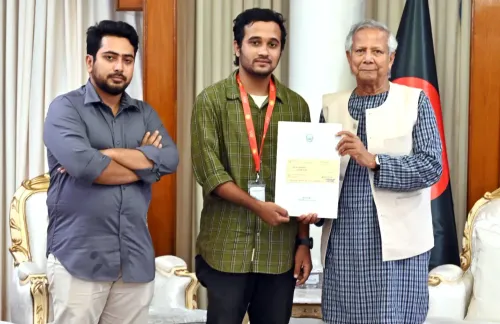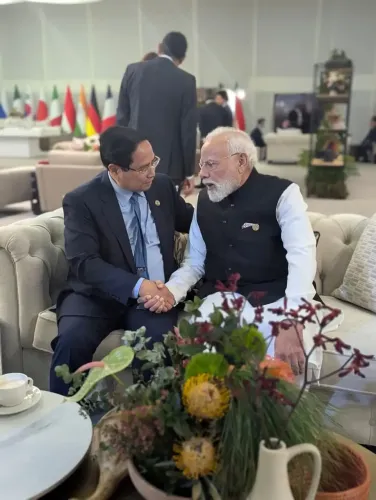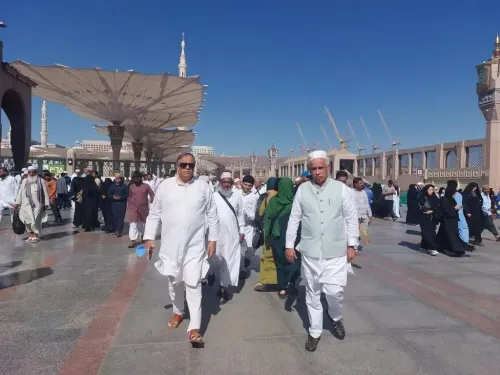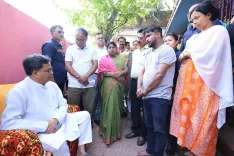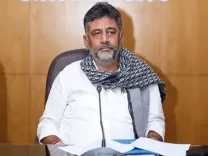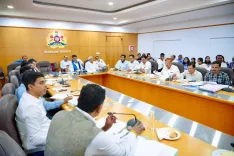Is Dhaka Becoming a New Hub for Terrorism and Extremism?
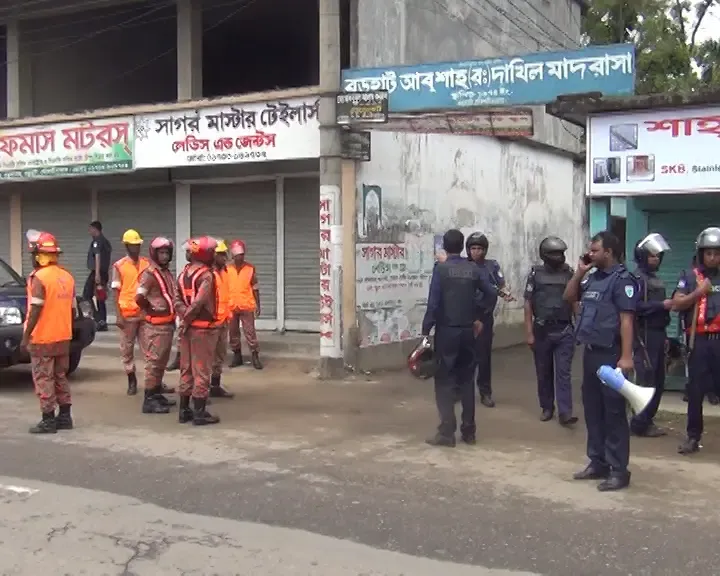
Synopsis
Key Takeaways
- Dhaka is increasingly becoming a hub for extremist groups.
- The rise of Khatm-e-Nabuwat is significant in the Islamisation narrative.
- Connections to Pakistan's Islamisation efforts are notable.
- The political landscape has shifted, enabling a resurgence of Islamist forces.
- The implications for governance and minority rights are significant.
Dhaka, Nov 22 (NationPress) The swift movement towards Islamisation in Bangladesh is apparent as Dhaka is becoming a central point for various terrorist and extremist organizations such as Jamaat-e-Islami, Ansarullah Bangla, Jamaat-ul-Mujahideen Bangladesh, Harkat-ul-Jihad-al-Islami Bangladesh (HuJI), local Islamic State factions, and numerous lone-wolf extremists, according to a report released on Saturday.
The report highlights that the emergence of influential Islamist groups in Bangladesh, including Khatm-e-Nabuwat, alongside their strong connections to Pakistan, signifies a major push for the Islamisation of the state, its governance, and its constitution, potentially resulting in a Sharia-governed state and regressive policies aimed at women and minorities.
“Bangladesh is experiencing a surge of Islamist radicalisation. Significant developments are occurring that are largely overlooked by global media, but they represent critical strides in Dhaka’s journey toward Islamisation, mirroring the strategies of Pakistan. A notable event was an international conference discussing Khatm-e-Nabuwat, the concept of the finality of Prophethood, which took place at the Bait-ul-Mukarram Mosque following the Jumma prayer on January 3, 2025,” stated policy analyst Abhinav Pandya, founder of the think tank ‘Usanas Foundation’, in an article for First Post.
“This concept asserts that the belief in Prophet Mohammad as the last prophet is central to Islam, and any deviation from this belief is considered apostasy. The conference featured Ali Omar Yaqub Abbasi, Imam of Masjid Al-Aqsa in Palestine, as the chief guest. The first session was led by Junayed Al Habib, executive president of International Majlish-e Tahaffuje Khatme Nubuwwat, while Acting President Sajidur Rahman chaired the second session. The implications of this doctrine are particularly significant for Qadianis, or Ahmadiyya Muslims, who do not accept Prophet Mohammad as the final prophet,” he added.
The report indicates that while the previous Awami League administration under Sheikh Hasina enforced a stringent crackdown on Islamist groups post-2005, her removal in 2024 has allowed for their aggressive resurgence, turning Bangladesh into a fertile ground for the spread of global pan-Islamist movements.
During these conferences, there have been repeated calls to classify Qadianis as non-Muslims, with Islamist groups—previously targeting Iskcon and non-Muslim minorities—now focusing their efforts on Qadianis.
“This mirrors the Islamisation strategy seen in Pakistan. In the early 1950s, the push for Islamisation began with anti-Ahmadiya riots and campaigns by Deobandi extremists, culminating in the persecution of Ahmadiyas and their expulsion from Islam. Concurrently, Deobandi activism during anti-Ahmadiya riots bolstered their grassroots support and influence. The state began to perceive them as valuable assets and proxies for advancing Jihadist agendas,” the report concluded.

